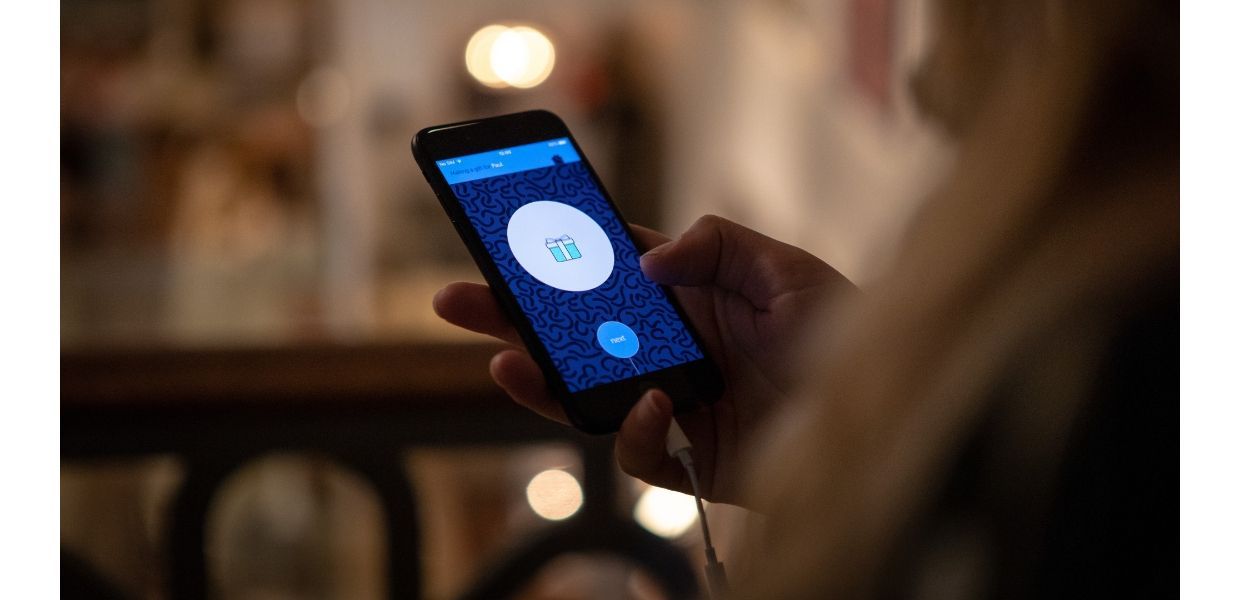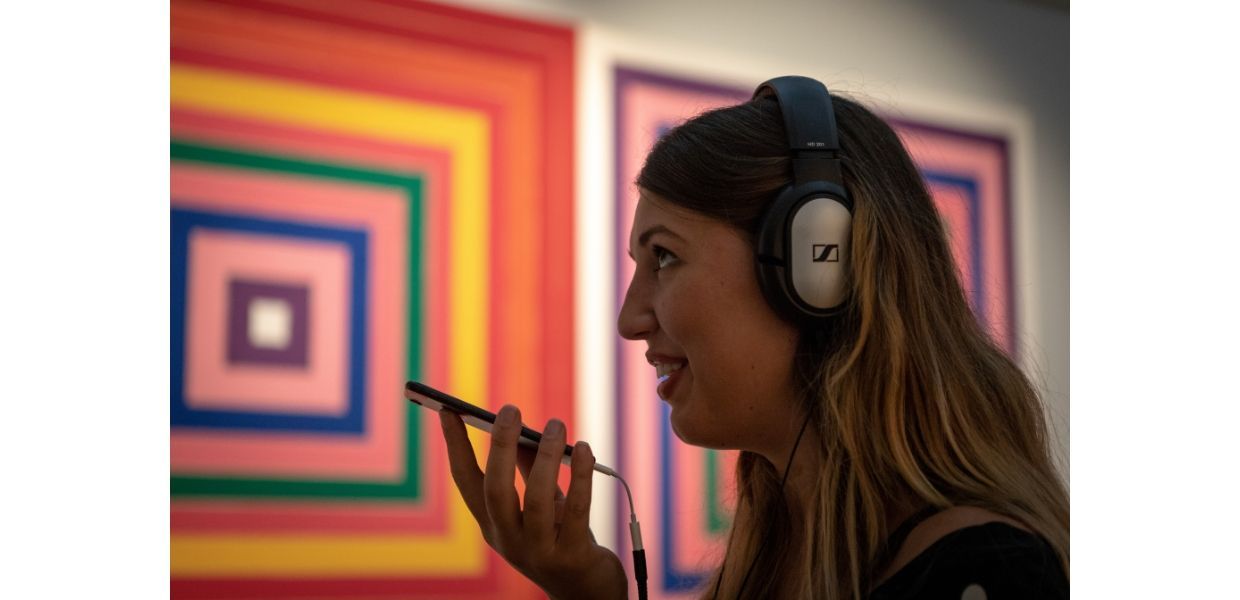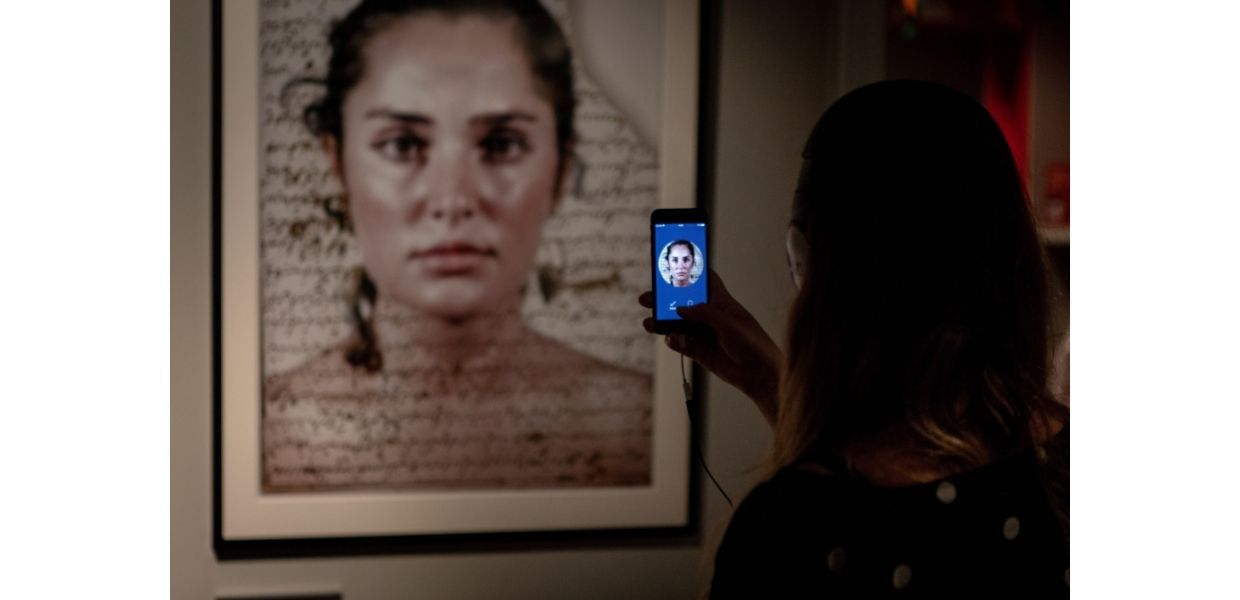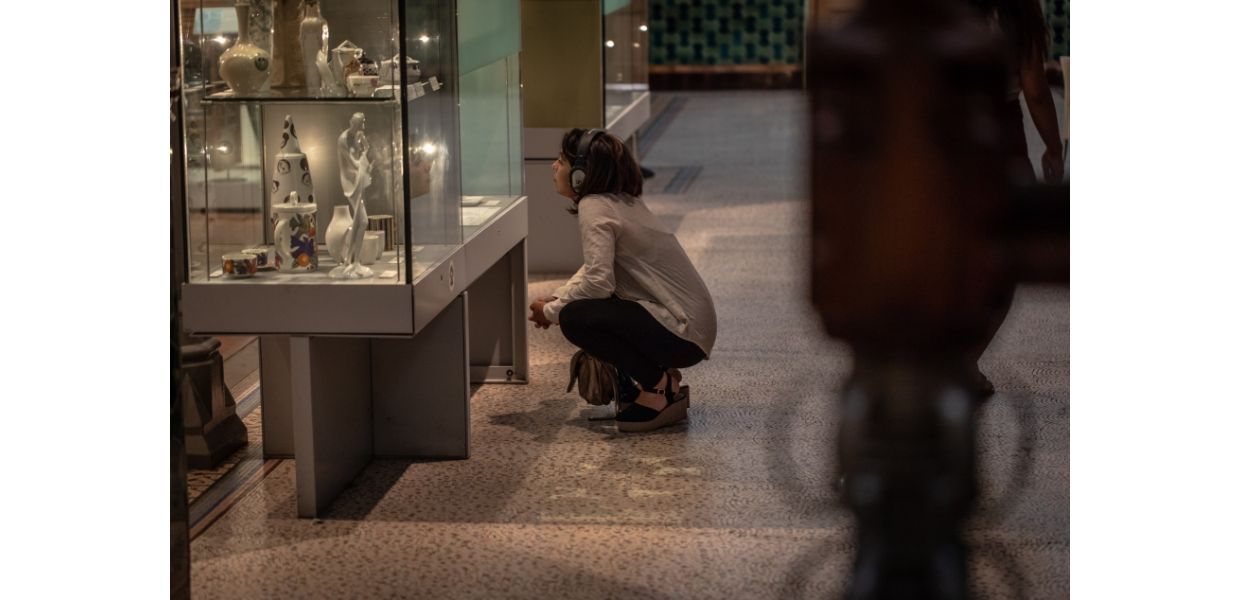The GIFT Framework
The GIFT Framework offers a collection of tools, design guidelines and best practice recommendations extracted from our practical and theoretical research. We offer a collection of ‘experience prototyping tools’ that support prototyping of user experiences without requiring deep technical knowledge. These tools include:
Gift exchange app: Based on a pilot project about digital gifting, we have created a generalised tool that allows any museum to experiment with digital gift experiences. This is a web app that works for both iOS and Android devices, with open-source code that can be downloaded and adapted to the museum’s needs.
Artcodes: Artcodes is a system for creating visual scannable markers (similar in functionality to QR codes) that can be directly designed and even hand-drawn by users by following a set of drawing rules, so that they can take on bespoke and aesthetic forms, e.g. in order to fit the aesthetic of a museum exhibition. The markers can be connected to digital assets, wrapped up as an experience and shared with others. Users can open up others’ experiences and appropriate them by mapping them to their own weblinks, before resharing. Artcodes runs on both iOS and Android.
Scannerbox: Can museum visitors contribute to a museum collection, with their own personal objects? Scannerbox is a do-it-yourself (DIY) toolkit that makes it easy for museums to set up public scanning booths where visitors can bring along and digitise their own artefacts alongside capturing stories about their personal meaning. Visitors can then donate their scanned objects and stories to the museum, allowing the 3D models to be published and shared online, and reused in virtual and augmented reality experiences.
The One Minute Experience: Object recognition technology has made it possible to offer visitor experiences described as 'Shazam for art': the phone's camera recognises the objects in the museum and offers information about them. However, an easily overlooked challenge is the design of the information that is offered. The One Minute Experience offers an authoring tool that helps museum communicators write short, engaging texts suited for smartphone screens, which have a greater chance of being read and understood by museum visitors.
Museum ideation cards: This tool supports ideation — the early stages of generating and developing designs. These ideation cards encapsulate the design and technical knowledge from the project and encourage museum designers to consider intended audiences, institutional goals and constraints. Furthermore, we are developing a generalised ideation capture tool that will capture the results of ideation and design sessions using the ideation cards, and so allow participants to reflect on the variety of theories, concepts and technologies that they have engaged with and compare their designs with those of others.





